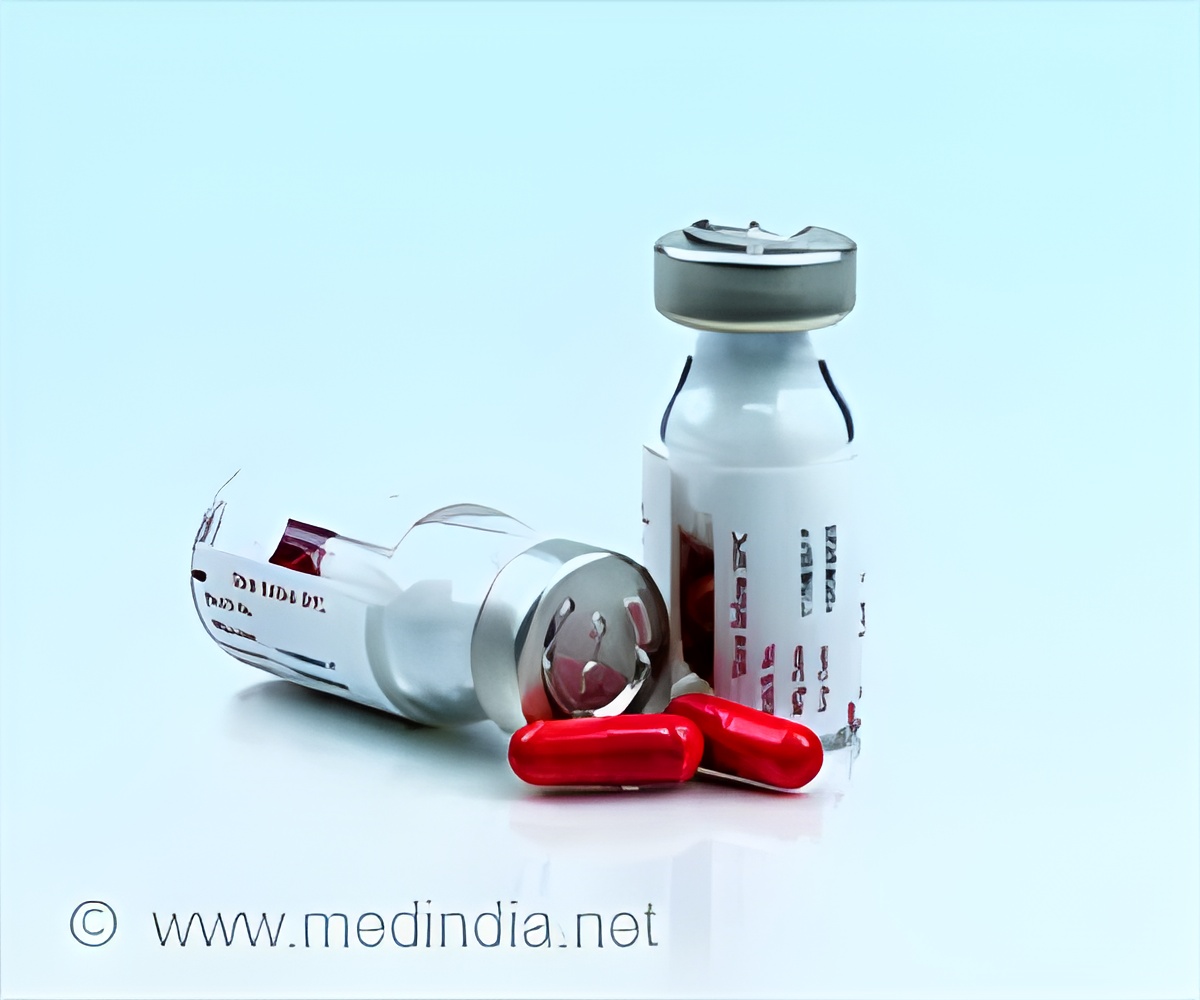Antibiotic, anti-microbial drug azithromycin does not prevent mild COVID-19 cases progressing to hospitalization or death, revealed clinical trials.

‘In this trial of people with clinically-diagnosed mild-moderate COVID-19 managed without hospital admission, adding azithromycin to standard care treatment did not reduce the risk of subsequent hospitalization or death, or of time to hospitalization.’





The SARS-CoV-2 pandemic has not only started a rush to develop new treatments, but also investigations of already approved drugs to determine if they too can be used to treat COVID-19. Azithromycin is an antibiotic used to treat serious chest infections including pneumonias and drug-resistant tuberculosis, trachoma - a common preventable cause of blindness - sinus infections, Lyme disease, skin infections and some sexually transmitted infections such as chlamydia. The antibacterial, anti-inflammatory and antiviral properties of azithromycin suggested it could have therapeutic potential against COVID-19. However, there is a lack of data from randomised controlled trials of azithromycin to treat mild-to-moderate COVID-19 disease. In this study, the authors assessed whether azithromycin is effective in reducing hospitalisation in patients with mild-to-moderate COVID-19. These were people with COVID-19 symptoms sufficiently severe to prompt them to seek hospital assessment, but not severe enough, initially, to require admission for oxygen therapy.
This randomised clinical trial at 19 centres in the UK enrolled adults aged 18 years and older, presenting to hospitals with clinically-diagnosed highly-probable or confirmed COVID-19 infection, with less than 14 days of symptoms, considered suitable for initial hospital assessment then treatment and/or observation at home. Patients were randomised (1:1) to azithromycin (500 mg daily orally for 14 days) or to observation at home only. The primary outcome was the difference in proportion of participants with death or hospital admission from any cause over the following 28 days.
A total of 298 participants were enrolled from June 2020 to January 2021 and 292 were included in the final analysis. The authors found no difference between the azithromycin and control groups in the risk of COVID-19 progressing to hospitalisation or death.
They explain that, in contrast to other studies the high dose of azithromycin in this new study (500 mg daily) and long duration (14 days) was selected to ensure that the trial adequately assessed potential antiviral, antibacterial and anti-inflammatory benefits. COVID-19 is considered to have a distinct early "viraemic" phase with a high viral load and a late inflammatory phase in some individuals, and therefore assessment of antiviral activity needed to be early in the disease course prior to onset of severe disease.
Advertisement
The authors say: "this finding, taken together with clear negative results from other studies across the disease course from early, low risk patients, to severe hospitalised disease, provides strong confirmation that azithromycin is not effective in treating COVID-19. It is essential that clinicians worldwide stop using this medication as a treatment for COVID-19. We now know it is not effective against COVID-19 and we need urgently to protect against the very real threat of driving drug resistance to this precious class of antibiotics."
Advertisement















